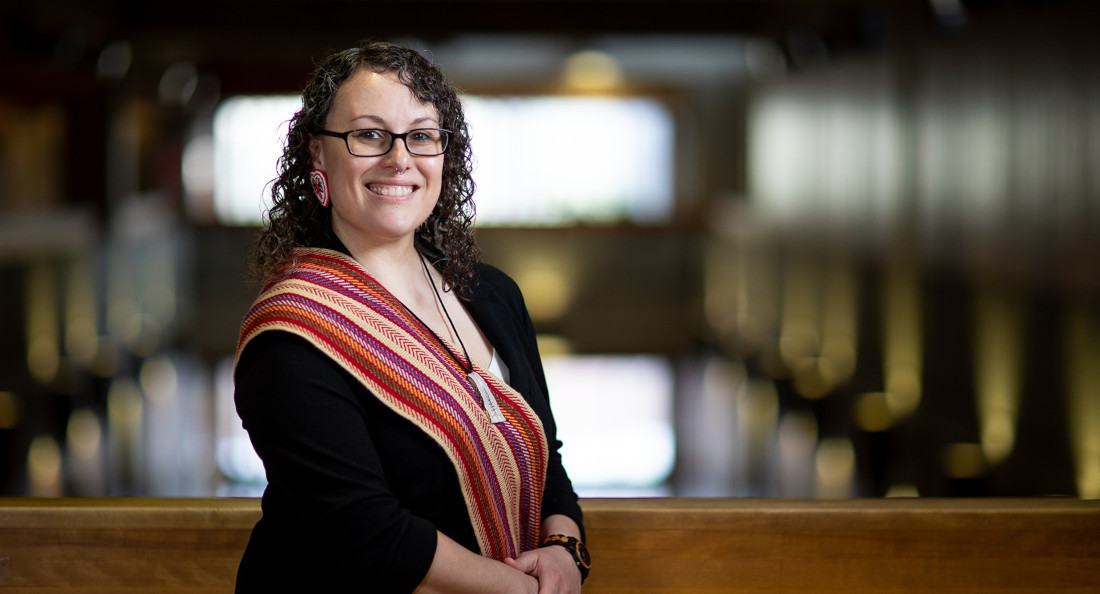Nine Indigenous faculty members to join the U of W this summer
Academic cluster hire aims toward reconciliation
The University of Winnipeg (U of W) is in search of nine Indigenous academics to add to their faculty as of July 1.
The cluster hire aims to make the U of W a more inclusive space and break down colonial barriers for Indigenous scholars, according to a Jan. 25 press release.
“It’s really important to find new ways of understanding the process of challenging bias – conscious or unconscious – and really learning about multiple worldviews and views that are not necessarily Western,” Dr. Pavlina Radia, provost and vice-president, academic attheUofW,says.
“It was a group effort to really embody the transformative approaches to hiring but also to really decolonize some of our processes.”
Radia says some of these obstacles include practices within institutions and structures that hold colonial values and biases introduced from different cultural approaches.
She adds that organizations can’t participate in changing those colonial structures and beliefs without challenging them. Reconciliation includes working with Indigenous ways of knowing in a respectful way, Radia says.
“It comes from the heart but also from the community and listening to our community members, listening to faculty,” she says.
The hiring process, which usually entails posting a job description and waiting for applications, won’t be typical.
Radia says the U of W has a committee in place to seek out potential candidates. From there, the interview process will give applicants the chance to talk about themselves as Indigenous Peoples, the communities they’re from and their lived experiences.
Radia and Chantal Fiola, U of W’s interim vice-president of Indigenous engagement, hope this practice will help prevent people applying under false Indigenous identities.
“The cluster hire is a wonderful way of ensuring that we’re walking our talk, that we’re committed to developing and nurturing stronger relationships between the university and our ... Indigenous neighbours,” Fiola says.
“A hire like this gives the institution an opportunity to change the landscape of the population at the U of W to ensure that we are a more inclusive environment for everyone.”
Although the university is focusing on hiring Indigenous Peoples, Fiola says they may have the chance to shift the focus to other BIPOC academics, too.
Positions are open in the arts, science, kinesiology, education and business and economics faculties, as well as the Global College.
Radia says she understands that many Indigenous scholars work through an interdisciplinary lens, and that’s why it’s important to have positions available in various areas of study.
The cluster hire expands the U of W’s commitment to the Truth and Reconciliation Commission of Canada’s calls to action. The university added three new Indigenous-language certificate programs in 2022 and an Indigenous course requirement in 2016.
“Essentially, our strategy is all hands on deck,” Fiola says. “Happily, thankfully, lots of folks are interested in putting their hands to the work of reconciliation across all of our faculties.”
Published in Volume 78, Number 17 of The Uniter (February 8, 2024)







